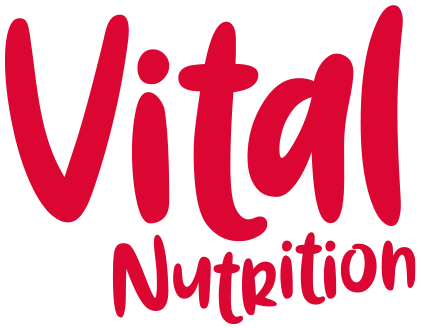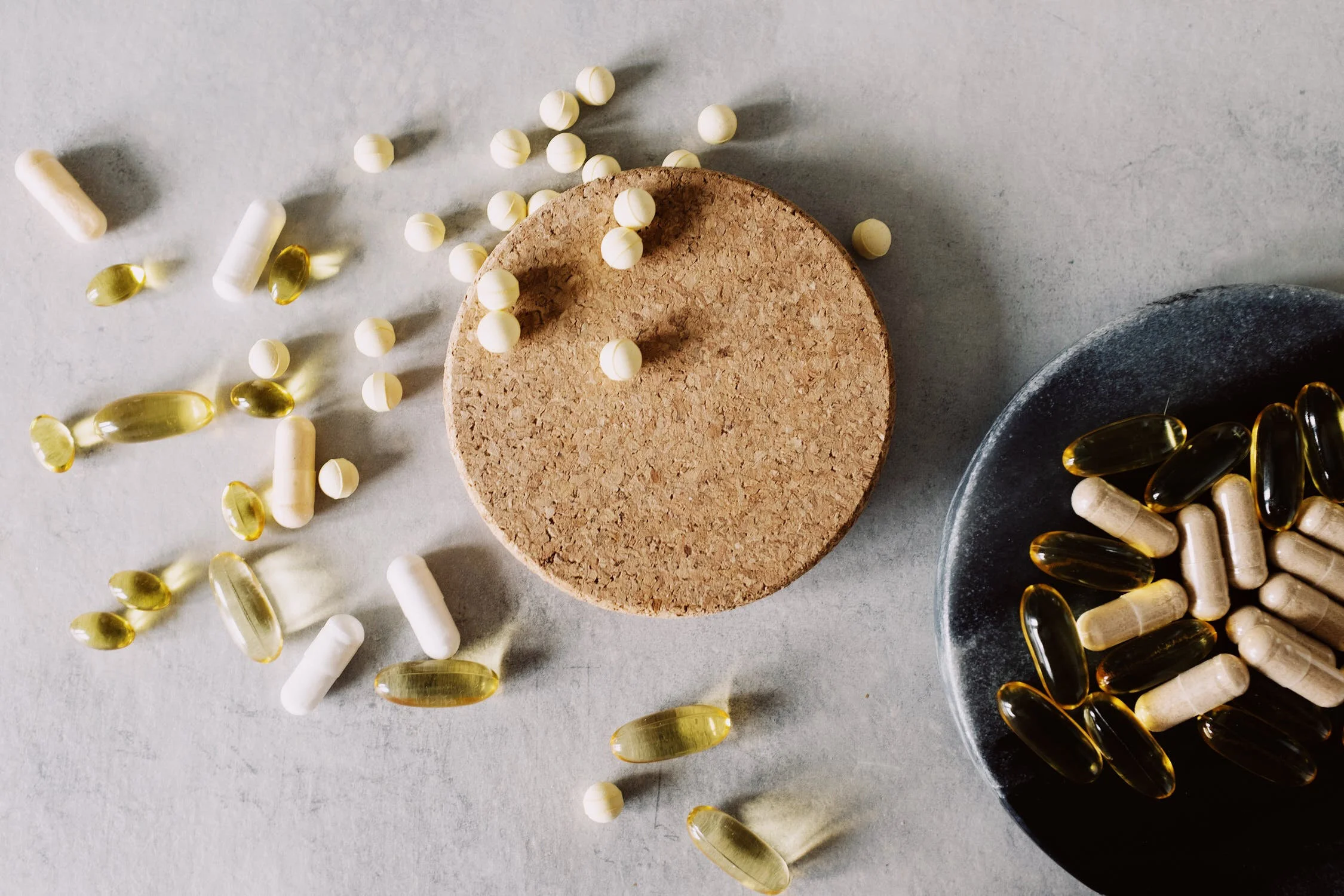Can nutritional supplements help combat Covid-19?
Are you taking your supplements? I talk to people about diet and healthy food all the time, but one question that pops up a lot is whether it is worthwhile taking nutritional supplements.
Given that we are in the midst of the biggest health crisis we have ever seen, and that most of us are doing our best to protect ourselves and others from infection, taking your daily nutritional supplements is an essential part of your armoury of self-defence.
And I am not the only one saying this. Last week I got a red flag email into my inbox from my professional body, Bant (The British Association for Nutrition and Lifestyle Medicine). Based on clinical evidence, they have recommended that all adults should be taking high doses of Vitamin D and Vitamin C as part of a strategy to improve immune resilience and potentially prevent Covid-19.
Their recommendation is that “all adults should supplement 1,000mg of Vitamin C and a minimum of 600-800 IU/d Vitamin D3 daily, increasing to a higher therapeutic dose of 5,000 IU/d should symptoms develop”.
This is not a figure they have plucked out of thin air. This is evidence-based lifestyle medicine.
Can’t we get all we need from food?
Of course food is an essential part of our immune toolkit, but to get these therapeutic levels of Vitamin C and Vitamin D, food is not enough. We are unlikely to get adequate quantities of Vitamin C and D from our diet in case of infection.
Supplementation of both nutrients at the given levels is safe, effective, and an inexpensive way to encourage individuals to take preventative measures to support their immune system.
The most abundant food sources of Vitamin D are oily fish, mushrooms and egg yolks, but the levels found in food tends to be low and food alone will not provide enough Vitamin D to have immune modulating effects. We need to take a daily supplement with at least 600iu Vitamin D a day.
For most adults 2000iu is recommended, especially for older people or those with darker skin tones who are at increased risk of Vitamin D deficiency.
Vitamin C is readily available in fruit and vegetables like citrus fruits, berries and leafy greens, but it doesn’t stay in our system for long, so make sure you are eating at least 5 portions of fruit and vegetables every day and at least one portion with each meal, from breakfast to bedtime.
Vitamin D and Vitamin C
You have heard me talk about Vitamin D supplements before. Living in this part of the world (and given that we haven’t been jetting off to sunnier climes for our sunshine fix), many of us will be at risk of Vitamin D insufficiency. If ever there was a time when we needed the ‘sunshine vitamin’, it is this year more than ever. There’s more and more evidence to show supplementation is essential in our defence against infection.
Hospital data on early intervention with Vitamin D supplementation in Covid-19 infections reduced severity of the infection and lowered ICU admissions. Vitamin D is a potent immune-modifying micronutrient and deficiency has been shown to correspond to a greater risk of respiratory tract infections, and acute respiratory distress in Covid-19 infections.
Evidence on Vitamin C is equally compelling. A potent antioxidant, Vitamin C plays an immuno-protective role to protect against oxidative damage to the cells, moderate inflammation and reduce both the severity and duration of infection.
Supplementation of Vitamin C and Vitamin D at the given levels is safe, effective, and an inexpensive way for you to take preventative measures to support your immune system.
Get supplementing!
This blog post first appeared as my column in The Irish News on Saturday 31 October 2020.




